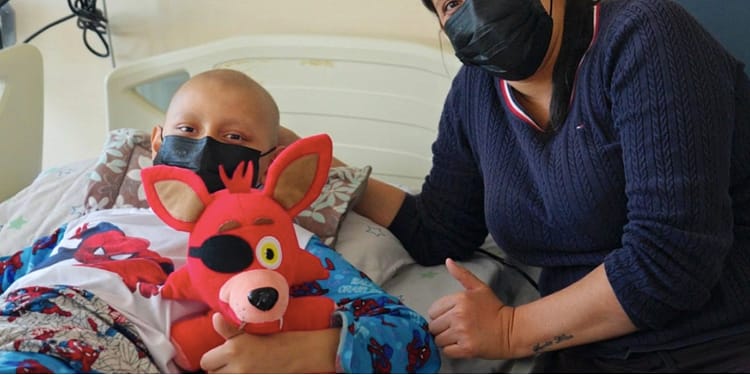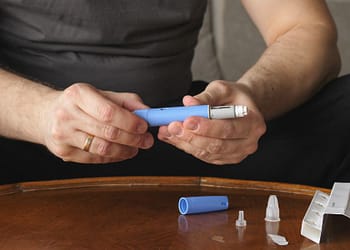- Cough, Mucus, and Respiratory Health: A Complete Guide - August 18, 2025
- Flogoprofen: what it's used for and how to take it - June 21, 2025
- What is Movicol oral solution in sachet used for and how to take it? - June 18, 2025
The World Health Organization (WHO) and St. Jude Children's Research Hospital have begun distributing essential medicines in low- and middle-income countries. Through the Global Platform for Access to Medicines against HIV/AIDS, Childhood CancerMedicines will be delivered to Mongolia, Uzbekistan, Ecuador, Jordan, Nepal and Zambia. Approximately 5,000 children in more than 30 hospitals will benefit from this distribution by 2025.
A crucial step towards equality in childhood cancer care
The goal is to reduce mortality rates from cancer in low- and middle-income countries, where survival is less than 30% of the time. This plan, which aims to reach 50 countries in the next 5 to 7 years, will benefit 120,000 children. This represents a significant reduction in childhood mortality from cancer, a disease that affects almost 400,000 children annually.
An unprecedented collaboration for the future of children
James R. Downing, president of St. Jude, highlights the importance of equity in healthcare and assures that “St. Jude was born to prevent children from dying young,” he says. The initiative, created in 2021, involves governments, pharmaceutical companies and NGOs. Their collaboration seeks to improve the accessibility of essential medicines for children, creating a sustainable model in the long term.
The Platform offers comprehensive support, from global demand to drug selection and treatment standards. Through this model, it is hoped to transform the fight against childhood cancer globally.






